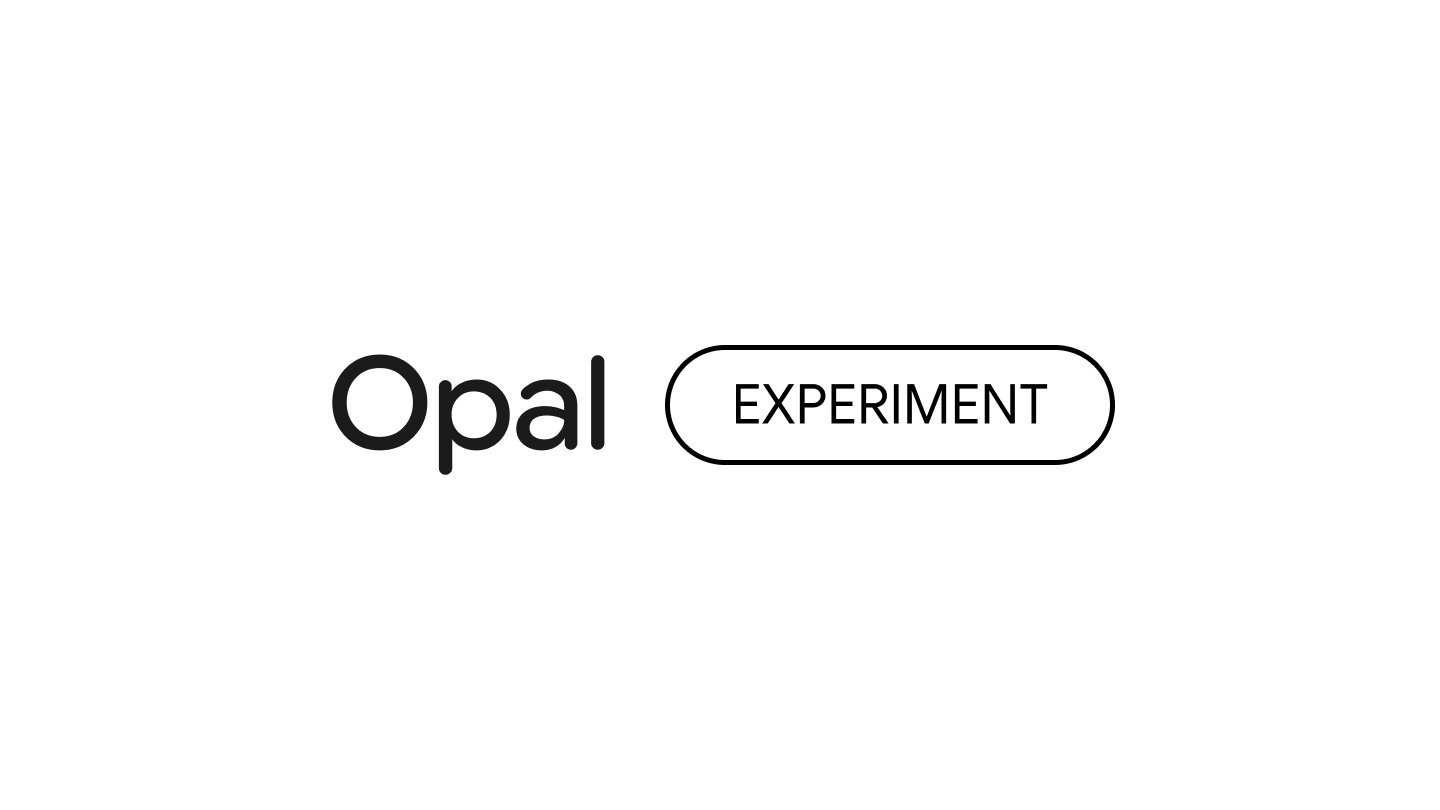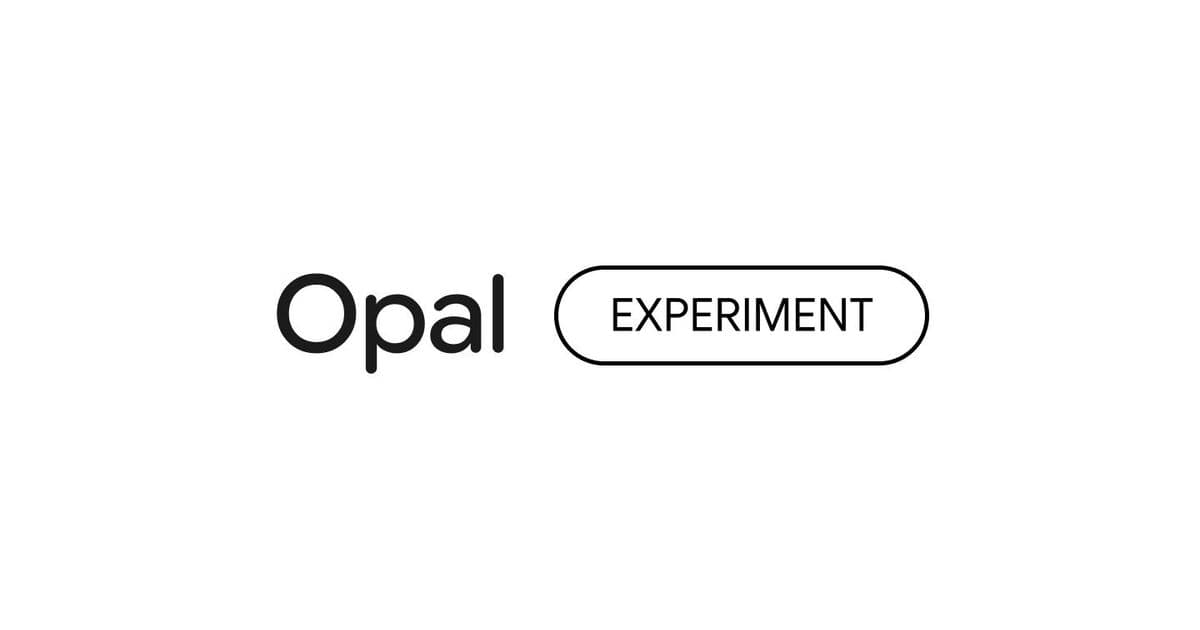Google Open Source has officially launched OpenTofu, a community-driven fork of Terraform, in direct response to HashiCorp's controversial license change. This move signals a pivotal moment for the infrastructure-as-code ecosystem, prioritizing open governance and vendor neutrality for a tool critical to millions of deployments.
The infrastructure-as-code (IaC) landscape is undergoing a seismic shift. Following HashiCorp's August 2023 decision to move Terraform from the open-source Mozilla Public License (MPL 2.0) to the Business Source License (BSL v1.1), a significant portion of the community expressed concern over potential vendor lock-in and restrictions on commercial offerings. In response, the Linux Foundation announced plans for a fork, now realized as OpenTofu, with Google Open Source stepping forward as its inaugural platinum sponsor.

"OpenTofu is an open-source fork of Terraform that will be community-driven, governed by the Linux Foundation, and will remain neutral relative to any one vendor," states the announcement on Google's Open Source blog. This underscores the core motivation: preserving the open, collaborative spirit perceived as threatened by HashiCorp's licensing pivot.
The project, incubated under the Linux Foundation, aims for near-term compatibility with existing Terraform configurations, modules, and providers, offering a lifeline to enterprises and developers reliant on Terraform's workflow but wary of the BSL's implications. Governance will be handled by a Technical Oversight Committee (TOC) composed of maintainers elected by contributing members, ensuring decisions are made by the active developer base.
Why This Matters for Developers & Platform Teams:
- License Certainty: OpenTofu commits to using the MPL 2.0 license, providing long-term assurance for embedding within commercial products and services without BSL's usage restrictions.
- Vendor Neutrality: Governed by the Linux Foundation, the project aims to prevent any single company from exerting disproportionate control over the core IaC tooling.
- Continuity & Choice: The goal of maintaining compatibility means teams aren't forced into an immediate, disruptive migration but gain a viable open-source alternative for future strategy.
- Community-Driven Evolution: Roadmap priorities and feature development will be steered by the contributing community and TOC, rather than a single vendor's commercial interests.
While OpenTofu promises continuity, challenges remain. Maintaining full compatibility with the rapidly evolving Terraform ecosystem requires significant ongoing effort. Furthermore, the fork risks fragmenting the community and plugin/provider development efforts. However, Google's significant backing and the Linux Foundation's stewardship provide substantial credibility and resources.
The launch of OpenTofu represents more than just a new tool; it's a referendum on open-source principles in foundational infrastructure software. Its success hinges on broad community adoption and contribution, determining whether a truly vendor-neutral, community-governed future for Terraform-like IaC can thrive. For developers and organizations invested in declarative infrastructure management, this fork offers a crucial alternative path forward, placing control firmly back in the hands of the community.

Comments
Please log in or register to join the discussion